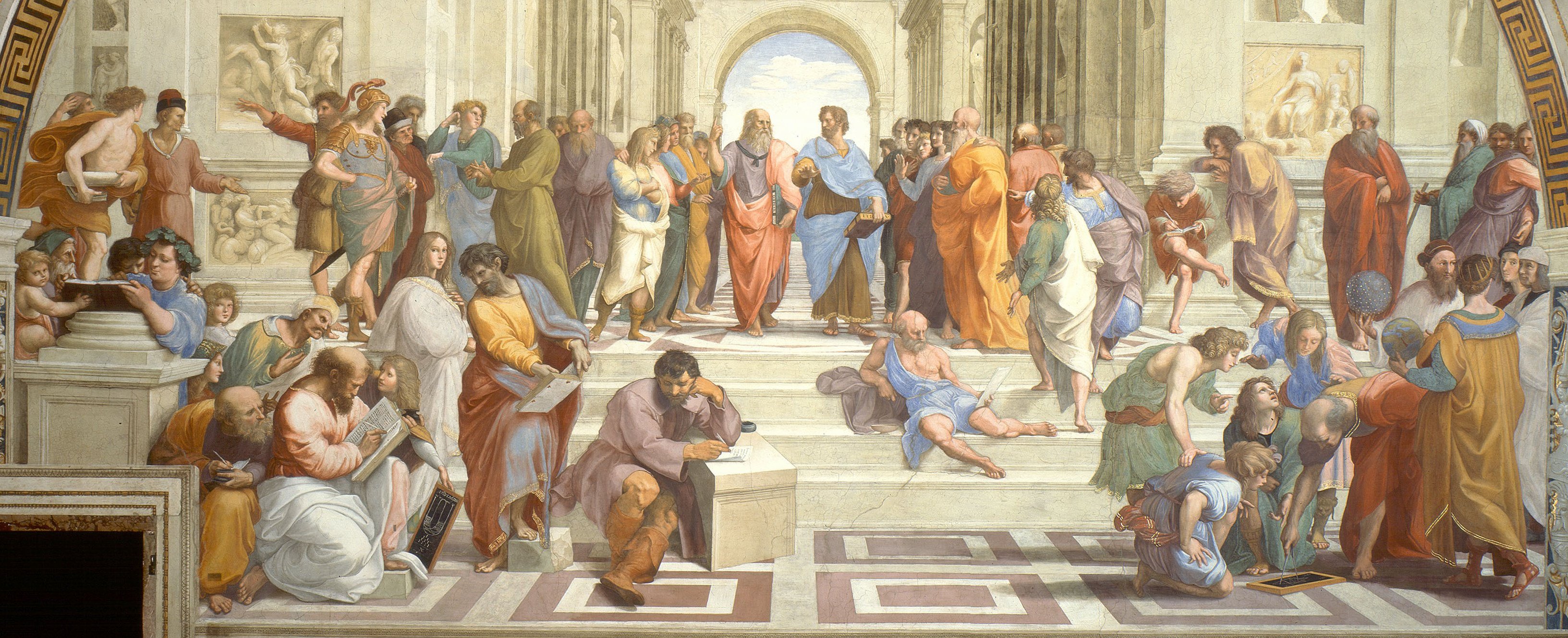The function of criticism at the present time

Scott has already given aspiring Intellectual Dark Web martyr Peter Boghossian some of the attention from the Liberal Media he so openly craves, but I wanted to flag another issue that this kerfuffle of nanoscopic significance inadvertently raises.
Boghossian frames his screed by boasting that his classroom is open to a truly diverse (unlimited?) range of viewpoints:
Over the last decade, it has been my privilege to teach at the university. My specialties are critical thinking, ethics and the Socratic method, and I teach classes like Science and Pseudoscience and The Philosophy of Education. But in addition to exploring classic philosophers and traditional texts, I’ve invited a wide range of guest lecturers to address my classes, from Flat-Earthers to Christian apologists to global climate skeptics to Occupy Wall Street advocates. I’m proud of my work.
I invited those speakers not because I agreed with their worldviews, but primarily because I didn’t. From those messy and difficult conversations, I’ve seen the best of what our students can achieve: questioning beliefs while respecting believers; staying even-tempered in challenging circumstances; and even changing their minds.
I never once believed — nor do I now — that the purpose of instruction was to lead my students to a particular conclusion. Rather, I sought to create the conditions for rigorous thought; to help them gain the tools to hunt and furrow for their own conclusions. This is why I became a teacher and why I love teaching.
Speaking of critical thinking and ethics, this kind of thing is characteristic of a couple of pernicious and indeed oxymoronic ideas: That universities ought to be open to all points of view, and that the function of education is to simply train students to “think for themselves,” without steering them toward particular conclusions about anything.
Taken seriously, these ideas would soon lead to nihilistic self-contradiction, which is why nobody takes them seriously. Instead, they are always stated at a comfortingly high level of abstraction, where they can remain innocuous pieties, rather than actual intellectual propositions.
If the function of universities is to train students to think, then part of that training must consist of teachers deciding for the benefit of their students which ideas are worth considering and which are not. The idea that all ideas are worth considering is, from both a logical and, far more important, practical point of view, self-contradictory nonsense.
And this isn’t just some abstract theoretical point. Let’s look at Boghossian’s own methods, which consist of allowing, among others,* Flat-Earthers to lecture to his students. This is grossly irresponsible.
Flat-Earthers are people who reject every aspect of modern and indeed ancient science (No actual scientist has believed the earth was flat in thousands of years, which is to say pretty much as far back as you can go and still find something that could be called science in anything like our sense of the term). A pedagogical method which presents undergraduates — usually people in their late teens and early 20s — with a guest lecturer who rejects the entire scientific world view as if this were a viewpoint that they ought to take seriously in any sense is . . . unsound.
One thing young people usually have yet to fully appreciate is the amount of sheer nonsense that gets trafficked about in the world. One crucial function of the university is to teach them this, and one crucial way of doing that is to not give paranoid wack jobs platforms to present their paranoid wackiness as just another idea that students are required to take seriously, because of some idiotic notion that they should be open to seriously considering any and all ideas.
Would Boghossian allow a QAnon believer to lecture to his class? A Holocaust denier? A purveyor of Reptilian Conspiracy Theory?
If the answer to any of these questions is “no,” then he’s engaged in the kind of line-drawing that the whole “the university ought to be open to all viewpoints” schtick avoids via airy generalities. On the other hand, if he isn’t willing to draw any such lines, he’s not somebody who should be teaching in a university, for reasons that should be too obvious to elaborate.
This is all intimately related to the second false view, which is that university teachers should not be leading students to particular conclusions, but rather simply teaching them to think for themselves. Again, this is the kind of thing that sounds good in the abstract, but collapses if forced to have any contact with the actual world.
Teaching students to think critically means teaching them to reject the enormous amounts intellectual garbage that circulate everywhere constantly (welcome to the Internet). You can’t possibly teach people to think critically without demonstrating to them that this idea over here is true, this idea over here is genuinely controversial for legitimate empirical or ethical/political reasons, and this idea over here is false.
None of which is to say that drawing the lines between these categories is necessarily easy. If it were always easy then there would be no need for universities. But you have to draw those lines for your students, because that’s (part of) your job.
*Boghossian’s other “controversial” lecturers also involve terrible judgment on his part, for related but different reasons from the Flat-Earthers. Climate change deniers are not paranoid wack jobs: they shills for the fossil fuel industry. Using your university classroom to debate the truth or falsehood of Christian doctrine in America in 2021 is a bad idea. I have no idea what relevance Occupy Wall Street advocates have to debates about science and pseudoscience, but I assume they’re being tossed in there for “ideological balance” purposes.


